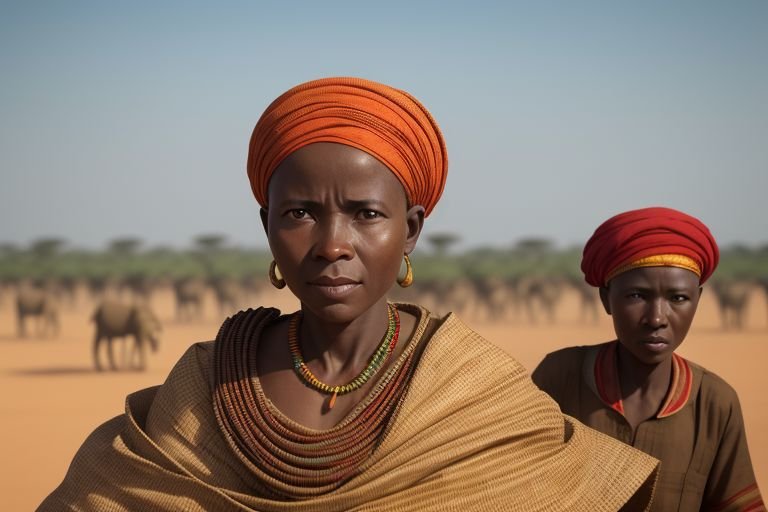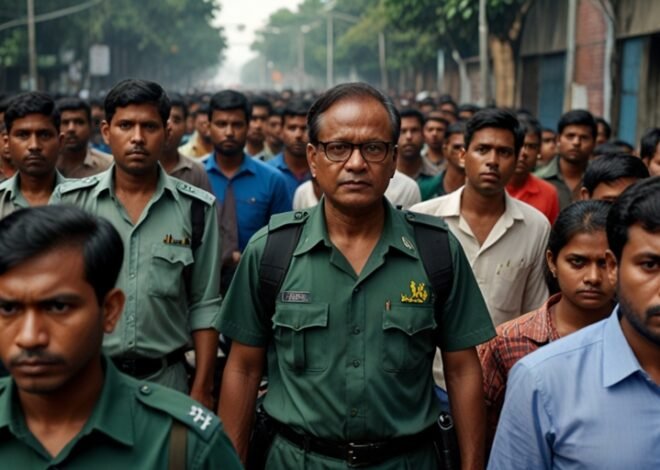
Africa’s Economic Resilience Shines Amid Global Challenges
Some African countries thus seem to be regaining their economic footing and are indicative of good economic form even amid a worsening global economic climate. The IMF staff completed a review of Côte d’Ivoire’s economic program and arrangement currently endorsed through the EFF and ECF. This also contains the second review of the Côte d’Ivoire climate change reform program supported by the RSF arrangement.
The Ivorian economy has been proven to be quite robust, with the growth to only slightly decelerate to 6.1 percent in 2024 from 6.2 percent in 2023. This slight deceleration is owed to declining agricultural output and construction growth in the first half, unfavorable regional climate, and external pressures. , but improved terms of trade, especially resulting from increase in cocoa price, it is expected that the current account balance would be below 5 percent of our GDP in 2024.
It is further envisaged that the general government budget deficit will decline to 4.0 percent of GDP in Côte d’Ivoire as agreed under the program. During the visits to Tirailleurs from September 23 to October 9, the team headed by Olaf Unteroberdoerster discussed the achievements in the course of the economic and financial program and the climate reform program in the Ivory Coast. These processes and the final releases of about $825 million following the conclusion of these reviews require ratification by the IMF’s Executive Board.
Côte d’Ivoire enjoys a generally good medium-term prospect in macroeconomic stability, authority-led reform agendas towards further microeconomic structural transformation into the upper middle-income level, and, later, climate change adaptation and mitigation measures. Further, the strategies for enhancing inclusive growth include the ongoing attempts to move forward reforms that interact with informality and social exclusion, together with gender gaps.
AN induced new poll shows that South Africans are becoming more optimistic about the future of their country. The self-estimated positive outlook among South Africans has doubled mainly due to optimism arising from a coalition business-friendly government. This change of heart could not have come at a better time for the nation as it faces lean economic years ahead and is in need of foreign investment.
It was considered that the trend of growing optimism can stimulate the advancement of the economy and society. Lebih lanjut, beberapa analis keyakinan yangpositive ini mendorong lebih banyak pengeluaran perhopidangan dan investasi usaha, bahkan memesan FDI yang lebih banyak. This is a perfect ground for the government to underpin policies that would strengthen economic growth even more and solve social problems that were previously untouched.
On the other hand, Mozambique is still in the process of counting votes after observing a peaceful national election. The poll was held on October 9, and party experts believe the incumbent, Frelimo, will continue to dominate the political landscape. Independent observers have applauded the organizing of the election, saying it was free, fair, and secured high turn-up.
The people are waiting for the results of the election because these results will define the political outlook in Mozambique and the country’s economic policies in the nearest future. This is the natural resources endowed country that has beenony was struggling to come to terms with security concern in some of the northern areas as well as fully benefiting from its abundant gas resources.
Today, African nations are taking stances on issues of concern as the continent continues to make phenomenal strides forward. Just like South Africa, Bolivia has taken Israel to the ICJ over genocide charges. This positioning places Bolivia among the latest states that are respondents in this case, along with other countries such as Colombia and Libya, among others. The case gives evidence of the expansion of African states as active players in international legal processes as well as concerns them with questions of international justice.
Since African economies are also dynamic and adjusting to world situations they are proving their worth and chances of improvement. With Côte d’Ivoire’s economic reforms, South Africa’s gaining optimism, and Mozambique’s democratic procedures, Africa is testing its economic an political processes. The next few months are likely to reveal how these advances translate into realistic economic gains that will eventually enhance the quality of life of Africans.


